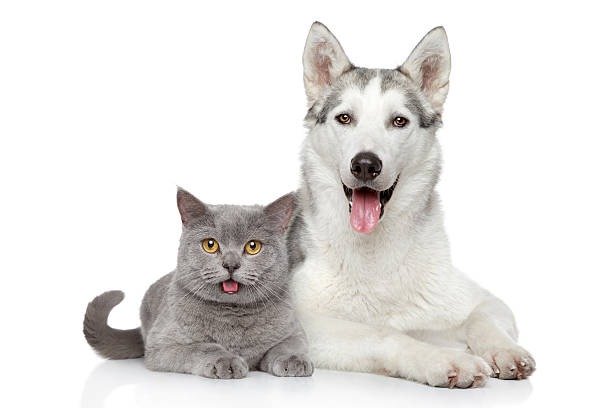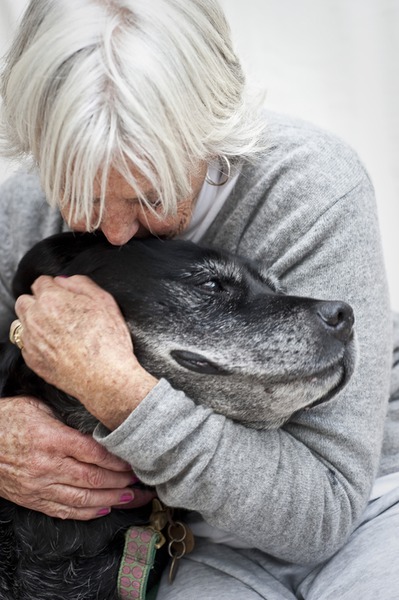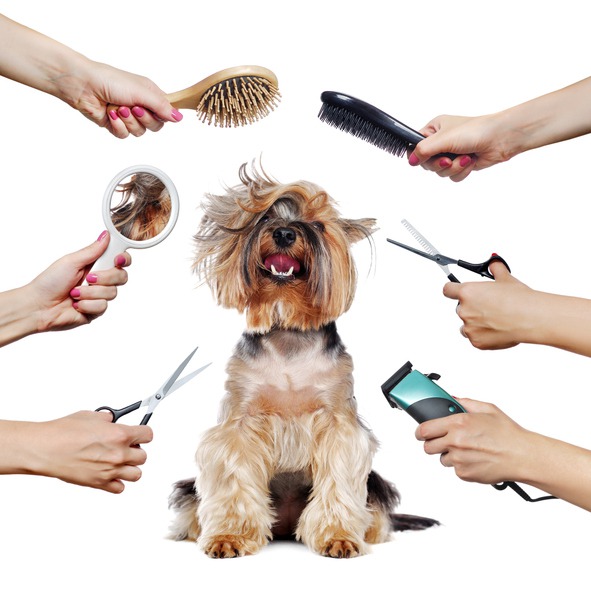As pet owners, our furry friends are like family; we always want what’s best for them. Surgery can be crucial for their health, and we often feel relieved once they return home after anesthesia. However, we’re also curious about how surgery might affect their behavior in the long run. Knowing these impacts is essential to offer proper care and support to our pets after their surgery.
Long-Term Behavioral Changes Post Surgery
Pets might exhibit changes in their behavior for many reasons following surgery. Let’s take a look at some common long-term behaviors you may notice and why they might happen:
1. Physical Recovery Influencing Behavior
Initially, your pet’s postoperative behaviors often stem from the physical sensation associated with recovery. A once energetic dog might become listless, or a playful cat could become a loner. They’re navigating a new world where comfort isn’t guaranteed, and the healing process can be challenging. Here are some physical factors contributing to changes in behavior:
-
Pain and discomfort: Pets might not understand why they hurt after surgery, which can lead to increased irritability or aggression.
-
Restrictions in Activity: The frustration of not being able to move around as freely due to stitches, bandages, or cones can result in a temporary behavior shift.
-
Medication Effects: Postoperative medications can either sedate your pet or, conversely, cause restlessness depending on their reaction to the drugs.
2. Psychological Effects
Beyond the physical, surgery can also impact a pet’s psychological state. Usually, a confident dog might seem more anxious, or a cat that loves being around people might prefer isolation. These psychological changes can be attributed to a few factors:
-
Memory of the Veterinary Experience: If the surgery experience was stressful, some pets might remain wary of similar environments or develop phobias.
-
Change in Routine: Pets thrive on consistency, and surgery disrupts their daily routines, affecting their sense of security.
-
Owner Stress: Pets are highly attuned to our emotions. If we’re stressed or anxious about their health, they may pick up on our feelings and mirror them.
Alongside these concerns, it’s important to note the role of veterinary cold laser therapy in aiding recovery. This non-invasive treatment can enhance healing and reduce pain, which may lessen the long-term behavioral impacts of surgery by making recovery smoother and less traumatic.
3. Alterations in Social Behavior
Post-surgery, some pets may undergo shifts in social behavior. Dogs might become more clingy or even snappy towards other pets and people. Cats may either hide more or seek constant attention. These alterations can be long-lasting depending on several factors:
-
Type of Surgery: More invasive surgeries can lead to extended recovery times, which can affect social behaviors for a longer period.
-
Pre-existing Temperament: A pet’s innate personality can influence how it adapts post-surgery. Shy pets might become more withdrawn, while outgoing pets might become more demanding of attention.
-
Level of Postoperative Care: The type and amount of care a pet receives after surgery can affect its social tendencies. Well-cared-for pets tend to regain their normal behavior sooner.
In times when you’re not equipped to deal with emergencies, knowing that Corpus Christi pet emergency care is available provides peace of mind. They are prepared to handle postoperative complications or behavioral issues that might arise unexpectedly after your pet’s surgery.
4. Changes in Eating and Sleeping Habits
After surgery, don’t be surprised if your pet’s sleeping or eating habits differ from their pre-surgery routine. This could range from loss of appetite to overeating or from insomnia to excessive sleeping. The key is to monitor these habits since prolonged changes could signal underlying issues needing attention.
Supporting Your Pet Post-Surgery
To best support your pet post-surgery, providing them with a comfortable environment and proper care is crucial. Regular check-ups are necessary to prevent or catch complications early. If you have a young pet, remember that a puppy and kitten vet hospital can provide care during the critical early stages of their life, including after surgery, ensuring they are on the right path to recovery.
-
Providing a Safe Space: Create a quiet and comfortable area for your pet to recover. Make sure this space is free from noise and has soft bedding. Having their favorite toy nearby can also offer some comfort.
-
Monitoring and Managing Pain: Watch for signs of pain, such as whimpering or changes in behavior. Work closely with your vet to manage your pet’s pain with appropriate medications or treatments. Again, cold laser therapy can be a valuable tool to reduce pain and accelerate the healing process.
-
Maintaining a Routine: Try to maintain some sense of routine for your pet as much as possible. Regular feeding times and gentle interactions can help them feel secure and promote a sense of normalcy.
-
Emotional Support: Your pet needs your love and assurance more than ever. Keep interactions positive and reassuring. Gentle petting and speaking in a calm voice can help ease their anxieties.
Final Thoughts
Consider consulting a professional animal behaviorist if your pet’s behaviors change significantly after surgery and don’t improve. They can provide strategies to help your pet adapt. While surgery can impact your pet’s behavior, most pets return to normal with careful observation, support, and patience. Contact your vet or animal behaviorist if you’re worried or notice troubling changes. Your caring support is crucial for your pet’s recovery.





